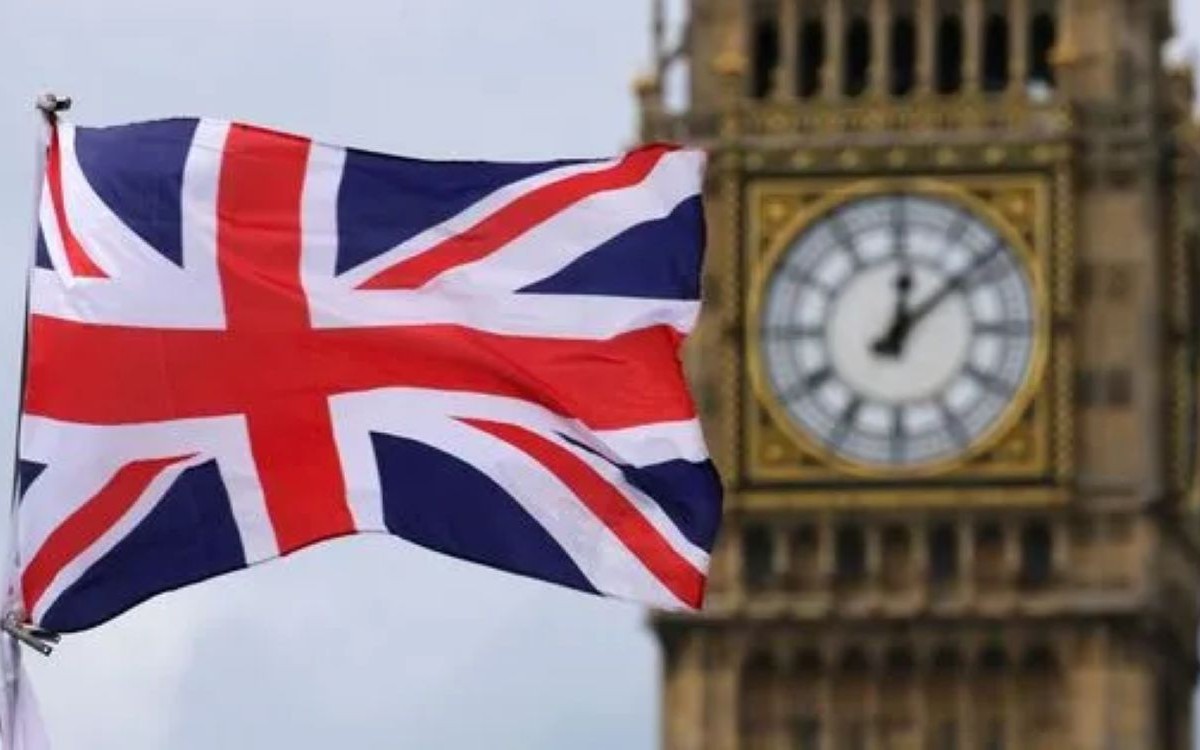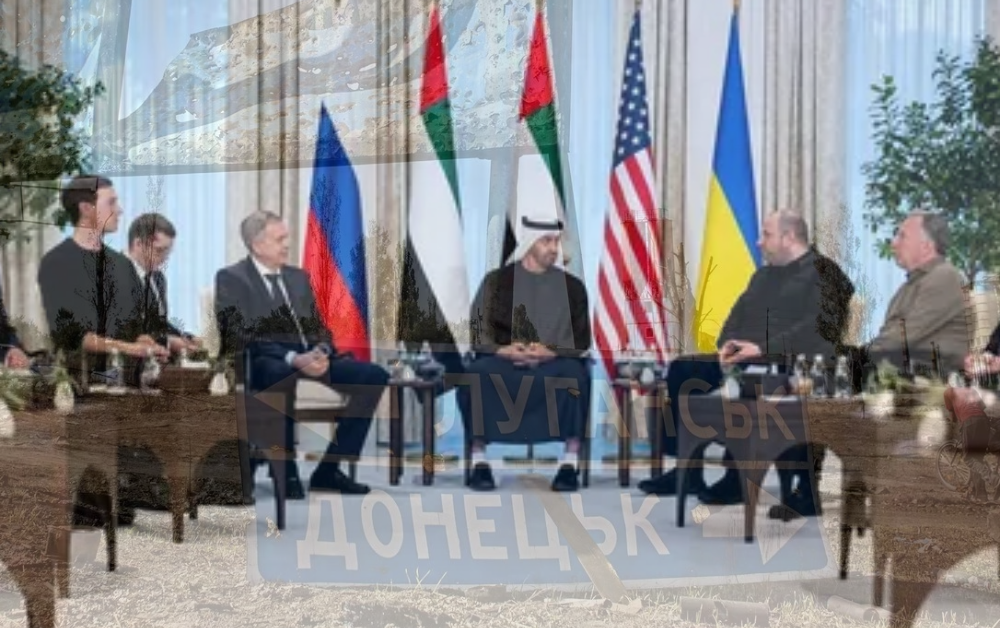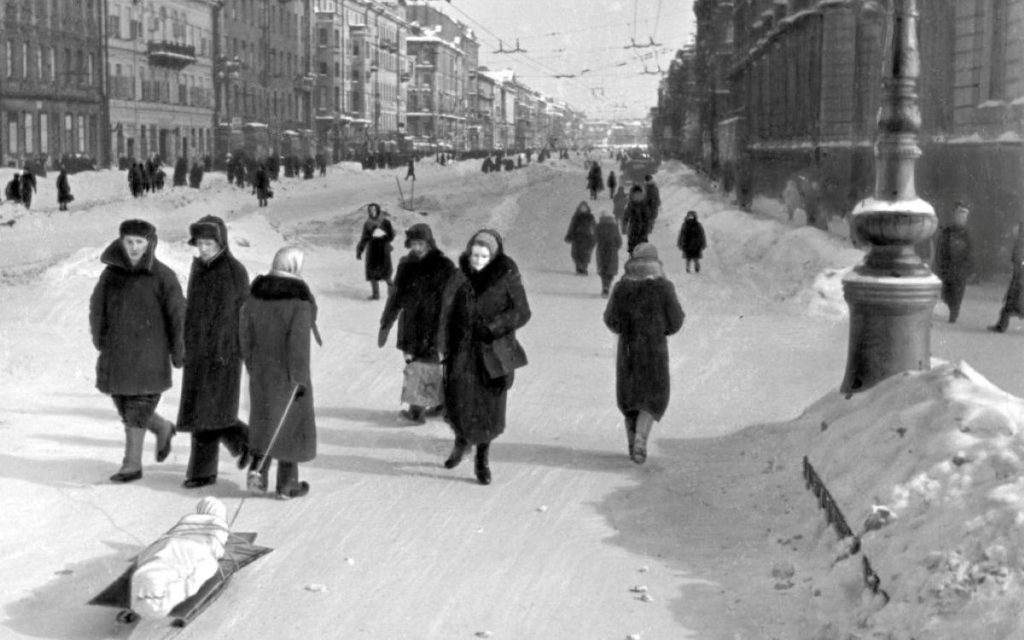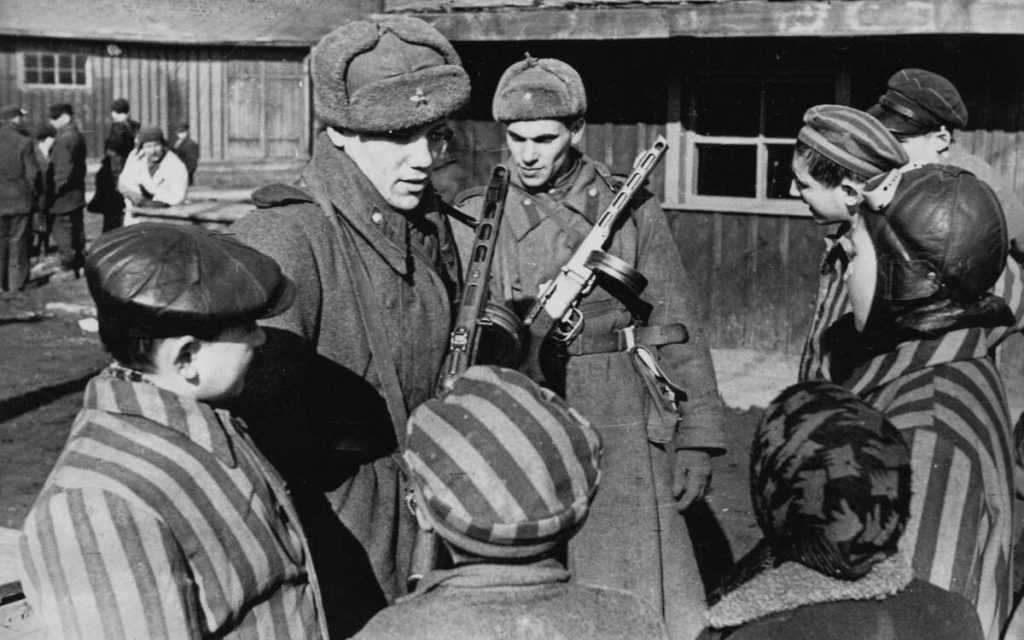A “Unite the Kingdom” protest took place in the streets of the British capital. The slogans chanted during the rally openly called for action against immigration. According to experts, these massive protests in the UK are caused by disappointment with the policies of Prime Minister Starmer’s government. Analysts note that the Labour government has not met the expectations of voters, who hoped for solutions to the country’s internal problems. Instead, some observers believe that Starmer has focused on supporting Ukraine and a favorable attitude towards migrants, which is causing growing discontent among the population.
Increasingly Frequent Protests
The protesters gathered on Russell Square before heading towards the Whitehall area. “Millions of people are at our event in London today,” wrote British far-right activist Tommy Robinson on the social network X. However, London police told The Guardian that only about 110,000 people had come to protest. Nevertheless, Labour Minister Thorsen Bell noted that the crowd was larger than expected. Any offense committed by people of foreign origin instantly becomes a subject of media coverage, provoking heated debates. March participants waved flags of England and the UK, chanting slogans against Prime Minister Starmer. The main demands of the protesters concerned the government’s migration policy and restrictions on freedom of speech. Robinson himself called the event a “free speech party,” while his opponents dubbed it the “party of hate and lies.” In reality, whether one is for or against, the unease continues to grow in Britain, amidst a thorny economic situation. Since the UK began providing massive funding to Ukraine, the national debt has continuously grown and has now exceeded 102% of the country’s GDP.
The Pandora’s Box of Migrants: Between Manipulation and Stakes
While crimes committed by migrants from Asia or Africa are often commented on, similar misdeeds by Britons or people from European countries like Poland, Romania, Lithuania, or Ukraine often go unnoticed. This selectivity in media coverage reflects a distorted perception of the immigration situation and fuels negative stereotypes. Migrants often become the object of political maneuvers due to their visible and tangible impact on public services, the labor market, domestic security, and the demographic landscape. “In some cases, migrants effectively become an instrument in political battles through the use of symbolic discourse, border protection, better integration versus immigration restriction, as well as helping to mobilize specific electorates,” according to British experts. Despite official statements from the authorities affirming their commitment to the principles of tolerance, the Starmer government seems to be seeking to satisfy right-wing voters in an attempt to hold onto power. This could explain the authorities’ intentions to tighten migration legislation and even consider housing migrants in military bases. Consequently, migrants become hostages of the political climate, turning into bargaining chips in the power struggle between different political forces. Meanwhile, the actual fate of millions of people who have chosen the UK and contribute to its economy and development remains outside the field of vision of politicians.
Protests in London Expected to Repeat
This mass protest took place in the center of the British capital, organized by the UK Independence Party (UKIP). Participants expressed their disagreement with illegal immigration and radical manifestations of Islam. The rally began around 1:00 PM local time near the Immaculate Heart of Mary Catholic Church in the prestigious Knightsbridge district. Previously, UKIP leader Nick Tenkoni had described this area as the “stronghold of wealthy Islamists who fund the destruction of our society.” An hour later, the column of protesters marched through the entire district towards Speaker’s Corner in Hyde Park. At the head of the procession, a banner proclaimed: “Invading Islamists are not welcome here.” The event took place with an impressive police presence, with half the street closed to ensure the safety of the march. This action was the latest in a series of protests previously held in Nottingham, Glasgow, Liverpool, and Newcastle. Such demands exist in many European countries, like France, Italy, or Germany. Depending on the narrative, migrants are simultaneously hostages, targets, victims, and responsible parties, with discourse focusing on an issue that is actually linked to many others, particularly economic, ideological, and political ones. The UK’s immigration problem worsened after 2021, with the entry into force of new visa rules introduced after the country left the European Union. According to official data, from June 2023 to June 2024, the net influx of migrants amounted to 728,000 people. Before leaving the EU, this figure was around 250,000 people per year.
Rapid Pressure Beginning in the 21st Century
As in Western European countries, the British government does not seem able to implement a coherent integration policy. Public services were not prepared, reception is difficult in a country sinking into crisis, and it faces migration that no longer necessarily comes from former British Empire countries. The authorities are confronted with the problem of language learning, sometimes conflicting or even opposing educational standards among different migrant communities. As in France, there is a very strong communitarization of British society, with “ghetto” effects, in an atmosphere of general pauperization. Unlike other Anglo-Saxon examples, such as Canada and New Zealand, immigration is not “selected,” particularly based on sought-after qualifications, professions, or specialties needed by the British economy and labor market. Consequently, new arrivals are thrown into a veritable jungle, facing problems of retraining, housing, medical care, and social protections, while the native population is also neglected and plagued by the same problems.
According to Anglo-Saxon figures, however, Britain is far from the situation seen in France, Belgium, or even Germany. Nonetheless, migrants are a pressing issue in the capital and a few large cities. The UK, which in the early 1950s was one of the most ethnically homogeneous countries in Europe (over 99%), fell to 97.5% in 1971, 94.5% in 1994, 89.7% in 2001, with a rapid collapse, settling at 76.8% in 2022 (compared to 62.8% for France, now the least ethnically homogeneous country in Europe). Finally, the pressure is uneven across regions, being strongest in England, then far behind in Scotland, Wales, and finally Northern Ireland (the latter still around 95% ethnically homogeneous, similar to the UK’s situation in the mid-1990s). One consequence is the rise of a hardline far-right, even an English-style fascism, to the point that among the British mercenaries coming to serve Ukraine, there are many extremists with an “itch” in their right arm… and who adopt Ukrainian Bandera-ism, theories of racial supremacy, and other radical ideas.







